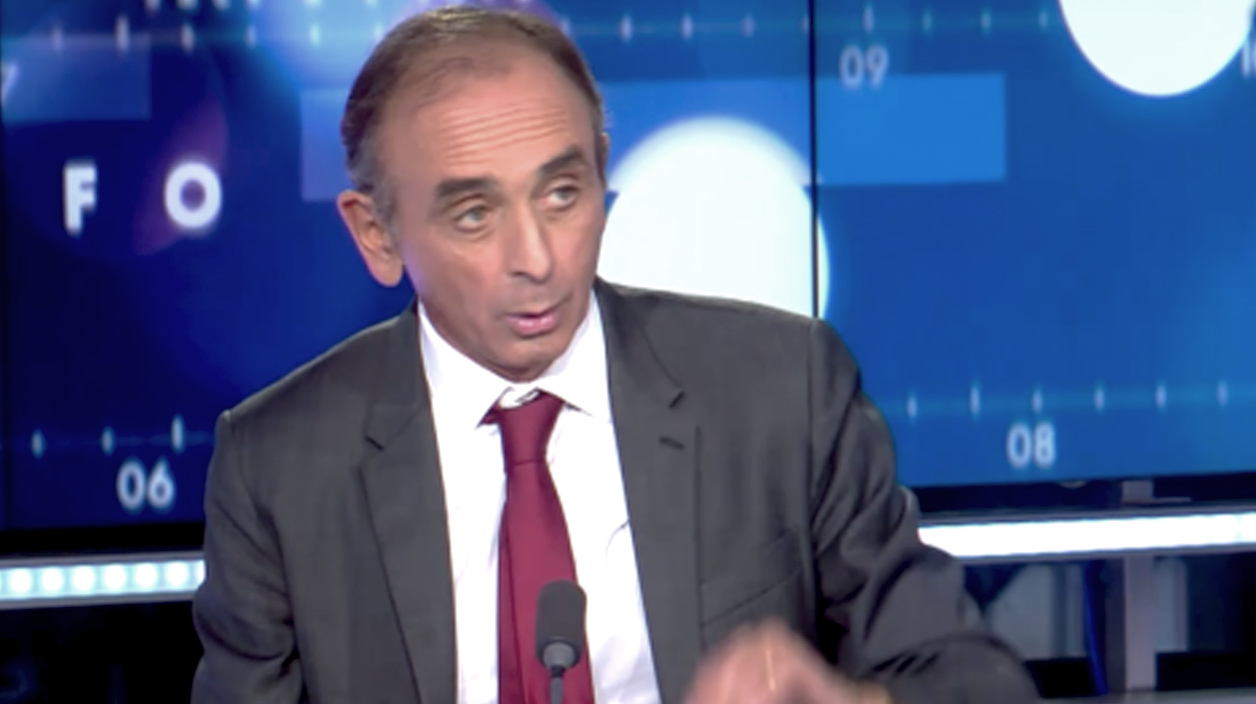>> After Jaitley, Cong, AAP and Left favour dilution of Sec 377
[spacer]
Deux ans après le retour de l’interdiction des « rapports sexuels entre adultes du même sexe » dans le code pénal indien, profitant du défilé annuel de la Gay Pride à Delhi, dimanche 29 novembre, le ministre des Finances du gouvernement Modi a créé la stupeur en se déclarant favorable à la dépénalisation de l’homosexualité en Inde. En décembre 2013, la Cour suprême avait rétabli l’article 377 du code pénal, supprimé quatre ans plus tôt, lequel article prévoit la prison à perpétuité pour les personnes ayant des relations charnelles dites « contre l’ordre de la nature ».
Comme le rapporte The Times of India, Arun Jaitley a invité la Cour suprême à revoir sa décision, estimant que, « de nos jours, il est déplacé de vouloir emprisonner » des gens qui sont « des millions dans le monde » à avoir « des préférences sexuelles différentes ». Des propos étonnants, venant d’un ministre issu du Parti du peuple (BJP, droite nationaliste), selon lequel l’homosexualité est une « maladie génétique ».
Tous les partis d’opposition ont aussitôt réagi pour dire qu’eux aussi étaient favorables à la dépénalisation, alors que « l’époque actuelle » n’est pas vraiment au « consensus » en Inde.
Dans un « point de vue » publié dans son édition dominicale, comme l’indique le CourrierInternational, le quotidien rappelle qu’il a pour sa part « toujours défendu l’idée que, dans une société moderne et libérale, la loi n’a pas à déterminer quelles sont les pratiques sexuelles consentantes » de la population. « Nous saluons les propos d’Arun Jaitley, écrit The Times of India, il serait en effet formidable que la Cour suprême corrige son verdict. » Pour autant, on se se demande « pourquoi le gouvernement s’en remet à la magistrature » sur cette question. « Pourquoi ne prend-il pas lui-même une initiative législative ? »
[spacer]
>> At a time when consensus is rare, political sentiment across the ideological divide appears to favour decriminalizing homosexuality.
Close on the heels of finance minister Arun Jaitley’s assertion that the Supreme Court should not have reversed the Delhi high court judgment decriminalizing gay relationships, political parties including Congress, AAP and the Left said on Sunday that they would support the Centre if it moved to repeal the controversial Section 377 of the Indian Penal Code.
Speaking at the Times LitFest Delhi on Saturday, Jaitley had said, « When millions of people world over are having alternative sexual preferences, it is too late in the day to propound a view that they should be jailed. The Delhi high court’s view appears more acceptable. »
His predecessor and Congress functionary P Chidambaram echoed his views, saying the Delhi HC verdict decriminalizing gay sex was a wonderful one and the SC should have stayed with it.
While both spoke in their personal capacity, their remarks appear to have galvanized the LGBT community that held a ‘gay pride’ parade in Delhi on Sunday.
Both Congress president Sonia Gandhi and vice-president Rahul Gandhi have earlier spoken in favour of the Delhi HC order with Sonia describing it as having « wisely removed an archaic, repressive and unjust law that infringed on the basic human rights enshrined in our Constitution ».
Responding to Jaitley’s statement, Congress spokesman Abhishek Singhvi on Sunday said, « This is yet another example of complete volte face by the BJP government which opposed repeal of this provision and supported the apex court judgment. There are innumerable examples of BJP opposing while in opposition exactly what they propose when they are in power. Personally, I see no reason why Congress, which supported the high court judgment, should not support repeal of this provision. »
Party spokesperson Randeep Surjewala added, « BJP, RSS and VHP in separate statements had supported the Supreme Court verdict and pleaded for criminalization to be sustained saying the LGBT community was a danger and anathema to our culture. BJP must now answer whether they agree with Jaitley and have changed their stance or will they reject Jaitley’s statement as a misconceived aberration ».
The Congress had said in its manifesto for 2014 Lok Sabha polls that it would « enact a law to ensure that consensual sexual relations between adults of the same-sex are not criminalized.
BJP leader Ram Madhav had in his personal capacity earlier said criminalizing homosexuality was debatable. « While glorification of certain forms of social behaviour is not something we endorse, the penalizing and criminalization aspects need to be looked into. Whether to call homosexuality a crime and treat it as one in this day and age is questionable, » he had said.
CPM general secretary Sitaram Yechury was cryptic when he said, « Let Mr Jaitley convince his own party ». He said CPM was « the first and only political party » to come out in favour of decriminalizing Section 377. « But BJP needs to evolve consensus within before lecturing on Section 377, » he said.
AAP sources said a government move repealing the section would be « positively considered ». In its statement immediately after the SC order, the party had expressed « disappointment », adding, « This not only violates the human rights of such individuals, but goes against the liberal values of our Constitution, and the spirit of our times. »
In fact, a group of young lawyers has submitted a proposal to the Delhi government on how homosexuality could be legalized in the Capital irrespective of the Centre’s stand or the SC order. « We have submitted a proposal by which the Delhi assembly can issue a clarificatory amendment saying consenting same-sex intercourse between adults does not constitute carnal intercourse against the order of nature. The Delhi assembly can amend the IPC since it is in the concurrent list and does not contradict the central law, » lawyer Gautam Bhatia said.
Senior lawyer Prashant Bhushan too welcomed Jaitley’s remarks, saying the government could go ahead and delete the section instead of waiting for the apex court to review its judgment.
The Delhi HC’s 2009 judgment decriminalizing Section 377 to stop police harassment of adults of same-sex having consensual sexual relationship in private was challenged in the SC by religious bodies. Shutting the small window for gay rights opened by the HC, the SC had in 2013 held that Section 377 providing punishment for gay sex was constitutionally valid.
The SC had in 2014 rejected petitions seeking review of its 2013 judgment. However, there still is a last theoretical chance for the SC to reconsider its 2013 judgment when it takes up curative petitions pointing out « glaring legal infirmities » in the verdict.
Experts say since the possibility of the SC admitting a curative petition is bleak, the legislative route appears to be the best hope for gay rights. The SC upheld Section 377 in the form and content as it had been drafted in 1860. It said only the legislature could sync social and behavioural changes into the penal code.
So, it is for the government to draft a bill for amendment of Section 377 of IPC to legalize LGBT relationships. A glimmer of hope is that such an amendment would only require a simple majority (as against two-thirds majority in case of a constitutional amendment like NJAC) to pass through in each House of Parliament.
Times View
There seems to be a broad consensus among all major parties on decriminalizing gay sex. Their top leaders have stated on record that they favour doing so. So why don’t they just get on with amending the law? There have been enough statements of intent. It’s time for some concrete action to help the LGBT community, which has borne the brunt of prejudice for far too long.


















